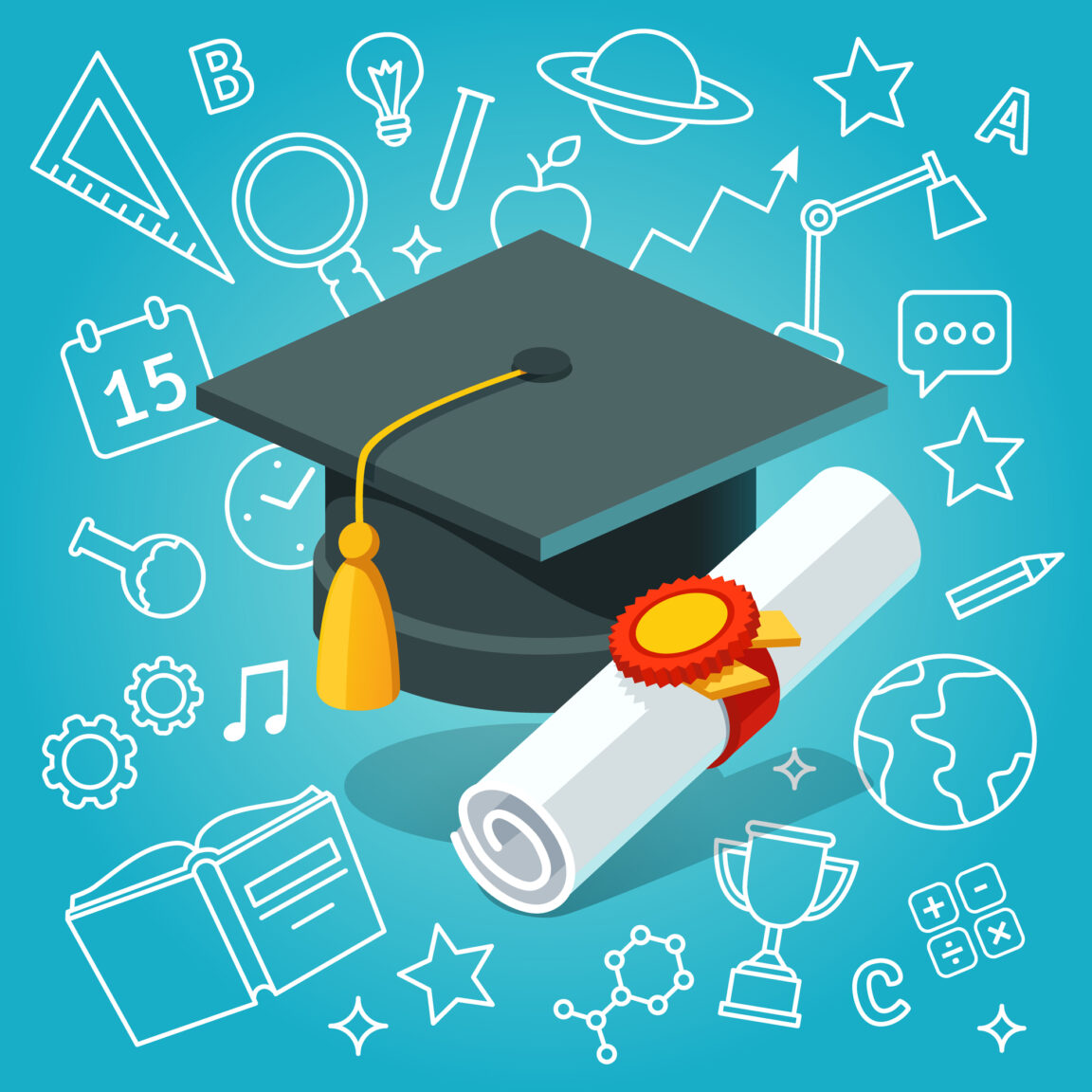The field of education has undergone a massive transformation in recent years, driven by advances in technology and innovative approaches to teaching and learning. The traditional model of education, which relied on a teacher delivering a lecture to a passive audience, is no longer sufficient to prepare students for the complex and rapidly changing world in which they will live and work. Instead, educators are embracing new approaches and technologies that empower students to take an active role in their own learning and develop the skills they need to succeed in the 21st century.
One of the most significant trends in education today is the use of technology to support and enhance learning. From online courses and digital textbooks to interactive simulations and virtual reality experiences, technology is making it easier for students to access information and engage with content in a way that is tailored to their individual needs and interests. This has the potential to greatly improve educational outcomes, particularly for students who may have struggled in traditional classroom settings.
One of the most promising areas of innovation in education is personalized learning. Rather than trying to teach all students in the same way, personalized learning seeks to tailor instruction to the unique needs and interests of each individual student. This can be achieved through a variety of approaches, such as adaptive learning algorithms that adjust content based on a student’s performance, or project-based learning that allows students to pursue their own interests and passions.
Another innovative approach to education is experiential learning. This involves providing students with hands-on, real-world experiences that allow them to apply the knowledge and skills they have learned in the classroom to solve problems and create solutions in a real-world context. This can include internships, service learning projects, or simulations that replicate real-world scenarios.
The rise of the gig economy and the increasing importance of entrepreneurship in today’s economy have also spurred innovation in education. Schools and universities are increasingly offering courses and programs that teach students the skills they need to succeed as freelancers, entrepreneurs, and small business owners. This includes courses on marketing, branding, financial management, and other key business skills, as well as opportunities to network with other entrepreneurs and industry professionals.
In addition to these innovative approaches, technology is also playing a key role in shaping the future of education. Artificial intelligence, for example, is being used to analyze student data and provide personalized recommendations for further study or intervention. Machine learning algorithms are being used to develop more accurate and effective assessment tools, while natural language processing is being used to create chatbots and virtual assistants that can answer student questions and provide support.
Virtual and augmented reality are also being used to create immersive learning experiences that can transport students to new environments and provide them with a deeper understanding of complex concepts. For example, virtual reality simulations can allow students to explore the human body or visit historical sites, while augmented reality can be used to overlay information and images onto real-world objects, creating an interactive and engaging learning experience.
While these innovations in education are exciting and promising, they also pose new challenges and require new skills from educators and students alike. Educators must be trained to use technology effectively and to design and deliver personalized learning experiences that meet the needs of each individual student. Students must be taught the skills they need to succeed in a rapidly changing and increasingly complex world, including critical thinking, problem solving, and collaboration.
At the same time, it is important to recognize that technology is not a panacea for all of the challenges facing education today. It is important to maintain a balance between the use of technology and more traditional methods of teaching, and to ensure that students are still learning important social and emotional skills, such as empathy and communication, that cannot be easily replicated through technology.
In conclusion, the future of education is bright and full of promise, thanks to the innovative approaches and technologies that are revolutionizing the field. By embracing personalized learning, experiential learning, entrepreneurship education.







Comments
0 comments